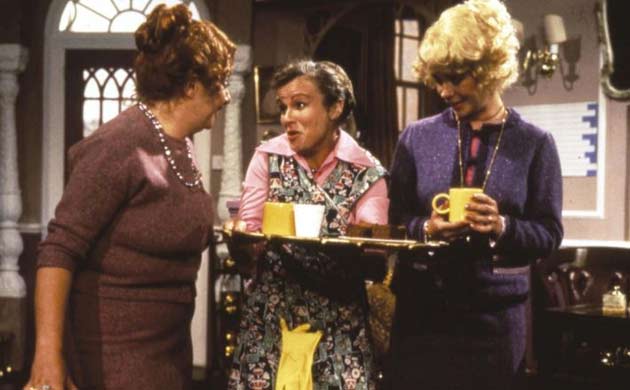I house sat for a friend for a week last year. During the first few days I suffered badly from a nagging headache – nothing too debilitating, simply one of those that are hard to shake off. It took 3 days before I realised I had been using her decaffeinated teabags and I was actually suffering from caffeine withdrawal. That came as a genuine shock as I had no idea I was, I suppose, addicted.
Tea is an aromatic beverage commonly prepared by pouring hot or boiling water over cured leaves of the Camellia sinensis, an evergreen shrub native to East Asia.
Wikipedia
My earliest memory of drinking tea is associated with work – I had a weekend job as a teenager in a local clothes shop and one of the tasks of the “Saturday girl” (don’t judge: this was the eighties – enlightenment hadn’t yet reached the ‘shires) was to make the tea, in a grubby cupboard that passed for a kitchen, with cups carrying the stains of years of slurping. But I knew exactly how everyone liked theirs, and so tea and work became entwined in my psyche.
Tea has remained a way for me to punctuate the flow of my work and connect with colleagues: a gift of a cuppa when others need it most, the few minutes respite for me from screen or meeting, the opportunity to chat about the weather and weekends in the kitchen, the grateful sharing of biscuits as an essential accompaniment. And, of course, the discussion on what shade of tea is the perfect one!

It’s actually not about the tea (although, clearly, for an addict like me it is that too!), it’s a moment of solace for myself and those around me. I have no truck with those who claim never to stop for a cuppa (whether that’s tea or your hot beverage of choice – no judgement here) because they are just too busy. We owe it to ourselves to find the time, even for a moment to stare out of the window while the kettle boils, and take a wellbeing tea break.
Juliet Flynn, Organisational and People Development
 People, Culture and Inclusion
People, Culture and Inclusion Juliet Flynn
Juliet Flynn 277
277


